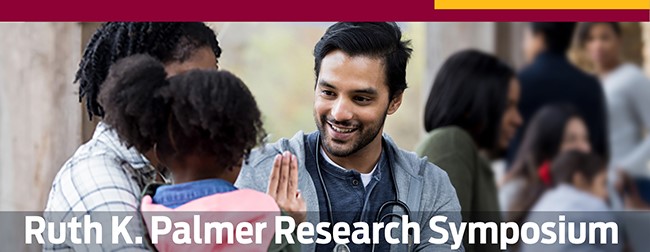Credentials of Corresponding Author
BSN, RN, CHPN
Problem
Death is a difficult topic for many people to discuss, however, it is the inevitable conclusion to the human condition. Perhaps by better defining and facilitating a good death in terminally ill patients, health care providers can ease some of the fears people have regarding death.
Purpose
The purpose of this concept analysis is to examine the attributes of a good death from the perspective of people with terminal cancer.
Search strategy
A literature search using Pubmed and Scopus was conducted. Keywords included good death, terminal cancer, and attitude to death. Due to the dynamic and highly individual nature of this concept, Rodgers’ evolutionary method was used to conduct the analysis.
Results of literature search
Twenty-two articles were reviewed. Surrogate and related terms, antecedents, attributes and consequences of the concept are presented.
Synthesis of evidence
Broad categories of attributes of a good death include preparing for death, comfort, relationships, and autonomy. A person’s idea of a good death is affected by many factors and can change over time.
Implications for practice
Communication between patients, families, and the healthcare team are imperative to achieving a good death. The dying process and death event require focus on the terminally ill person, but the quality of the death has lasting effects on those involved in the process, including bereaved family members and healthcare providers.
A Good Death in Individuals with Cancer: A Concept Analysis


